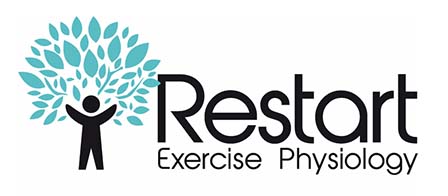Hearing loss and balance are often taken for granted, but what if they were both taken away from you? Dealing with one health condition is stressful in itself, but when two occur at the same time, it can cause you to wonder if there is a connection. And if there is a connection, is there a solution? In this blog, Soren Nielsen, Director of Health & Hearing: Invisible Hearing Solutions, discusses the connection between hearing loss and balance, along with what you can do to achieve balance once again.
Although hearing loss alone doesn’t cause balance issues, there are a few situations in which balance can be adversely affected by hearing loss or changes within the inner ear.
Your eyes and ears work together
When understanding the connection between balance and hearing it is also important to be aware of the connection between your eyes and ears in terms of balance. Essentially, your eyes and ears work together to organise the environment around you. Together, these senses judge the distance between sight and sound (for example we can see lightning and count how far apart the strikes appear in the sky). Therefore if something is affecting your ear, your spacial awareness and balance could be off-kilter.
Hearing loss, the brain and balance
A study conducted by John Hopkins Medical Institution has prompted more research into the connection between the brain, hearing loss and balance. The study has shown you are more likely to experience falls and sensations of being off-balance if you have hearing loss. In fact, the study revealed a three-fold increase in fall incidents in people with mild hearing loss. Furthermore, the incident rate increased with every 10 decibels of hearing loss.
After drawing these results, researchers came to a variety of conclusions about why hearing loss was linked to loss of balance. Primarily, researchers explained that people with hearing loss are less aware of the environment, increasing their likeliness of being off-balance and therefore increasing their disposition to tripping.
Researchers also speculated that people with hearing loss experienced a cognitive overload. Meaning, hearing loss caused an increased need for the brain to work harder to hear. This demand in turn, lead to a decrease in comprehensive awareness forcing the brain to let one function slip, which in most cases was balance.
Solution
Fortunately, with the addition of hearing aids, the brain can focus less on trying to hear and more on understanding the surrounding environment. This means if you are experiencing balance issues and hearing loss, a hearing aid may allow you to achieve better overall balance.
Similarly, if you are unsure if you have hearing issues, but your lack of balance concerns you, it may be time to get a hearing check. To gain insights on your hearing you can try Health & Hearing’s very own online hearing quiz.
If you would like to find out more information or you would like to book a free hearing test, contact Soren and the team at Health and Hearing today.

0 Comments